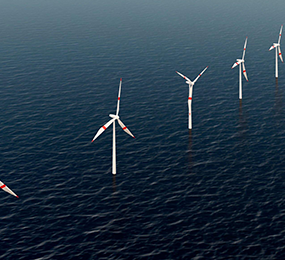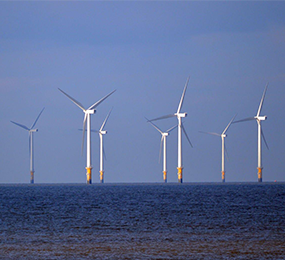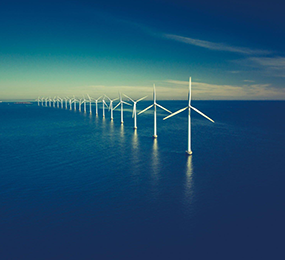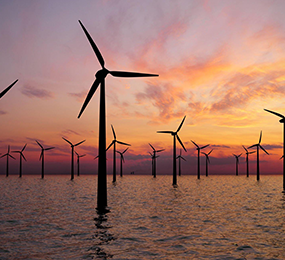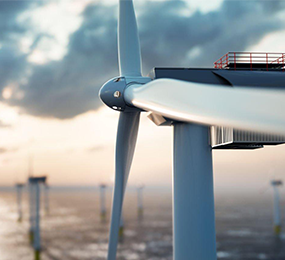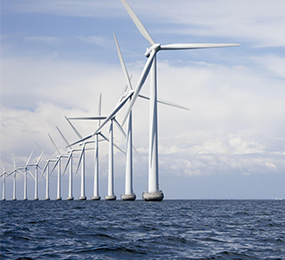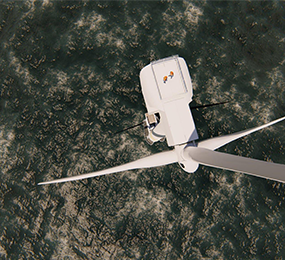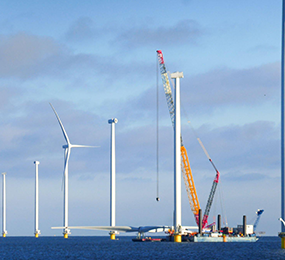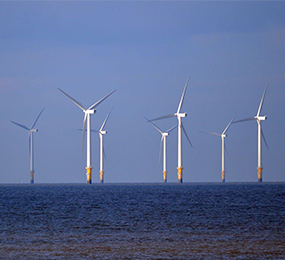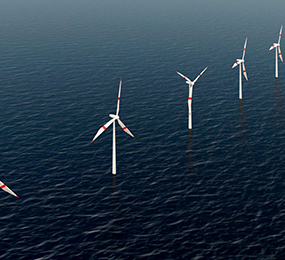The success of floating offshore wind energy projects hinges not only on technological feasibility and economic viability but also on public acceptance. Gaining the support of local communities, stakeholders, and the general public is essential for the smooth development and operation of these projects. Let's delve into the factors influencing public acceptance and how effective communication can bridge the gap between technology and public opinion.
Understanding Public Concerns and Addressing Misconceptions
One of the key challenges in achieving public acceptance is addressing potential concerns and misconceptions about floating wind farms. These concerns may range from visual impact and noise pollution to potential harm to marine ecosystems. By proactively addressing these concerns through open and transparent communication, developers can build trust and garner support.
Effective Communication and Stakeholder Engagement
Effective communication is essential for building trust and fostering positive relationships with local communities. Developers should engage with stakeholders throughout the project lifecycle, from initial planning to construction and operation. By providing clear and accurate information, addressing concerns, and incorporating feedback, developers can build trust and foster a sense of ownership within the community.
Balancing Economic Benefits and Environmental Impact
Highlighting the economic benefits of floating wind energy can also help to garner public support. These benefits include job creation, local economic development, and increased energy security. By emphasizing the positive social and economic impacts of these projects, developers can build a compelling case for public acceptance.
Environmental Stewardship and Community Engagement
Demonstrating a commitment to environmental stewardship is crucial for gaining public acceptance. By minimizing environmental impact, implementing sustainable practices, and engaging with local communities, developers can build trust and foster a sense of shared responsibility.
The Role of Education and Awareness
Education and outreach programs can play a significant role in shaping public perception of floating wind energy. By providing clear and accurate information about the technology, its benefits, and its potential impact, developers can dispel misconceptions and build public support. Engaging with local schools, community organizations, and media outlets can help to raise awareness and foster a sense of ownership.
A Sustainable Future: Building Public Support
By addressing public concerns, fostering effective communication, and demonstrating a commitment to environmental stewardship, the floating offshore wind industry can build strong relationships with local communities and gain public acceptance. This will be essential for the continued growth and success of floating wind energy in the years to come.
By understanding the factors that influence public acceptance and implementing effective communication strategies, the floating offshore wind industry can navigate the challenges and build a strong foundation for the future.
To register or learn more about the Forum please check here: https://www.leadventgrp.com/events/5th-annual-floating-wind-europe/details
For more information and group participation, contact us: [email protected]


